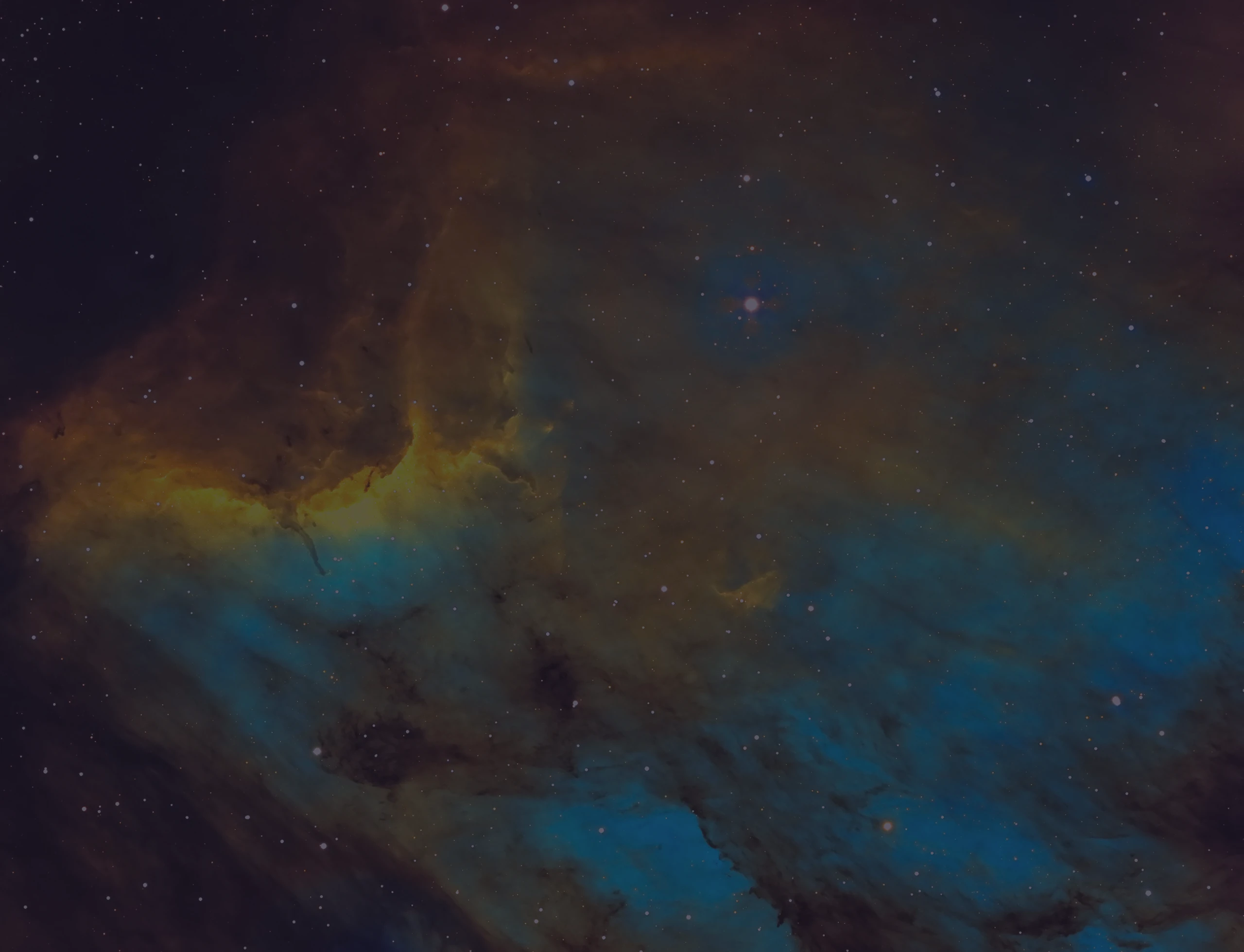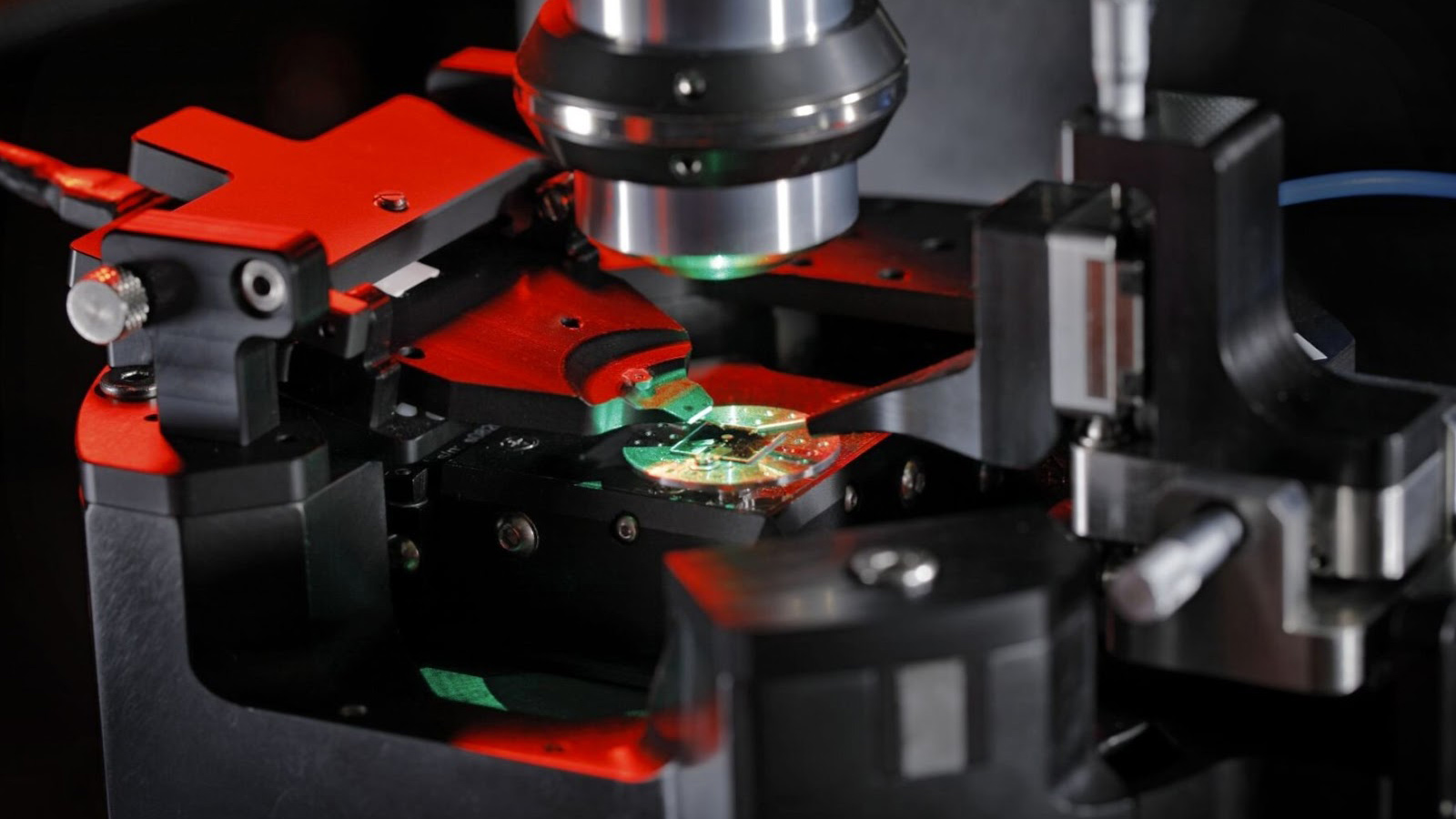South Australian-based Fleet Space Technologies has partnered with three quantum and mining technology start-ups to supercharge the future of the global mineral exploration industry.
Fleet Space’s collaboration with Australian companies mDetect, Nomad Atomics and DeteQt aims to transform critical mineral exploration through the enhancement of AI prediction tools for identifying and extracting minerals.
The strategic partnership will integrate cutting-edge technologies such as muon tomography, quantum gravimetry, and advanced magnetometry, into its satellite-enabled ExoSphere platform, already used by mining giants like Rio Tinto, Barrick, BHP and Gold Fields.
Each new partner brings unique capabilities:
- mDetect specialises in muon tomography – a passive imaging technique that uses particles called muons to create 3D maps of underground structures to help geologists ‘see through’ dense rock layers and enhances AI’s ability to model deep-seated mineral systems without drilling.
- Nomad Atomics is developing ultra-precise quantum gravimeters that detect subtle changes in gravity to reveal hidden mineral deposits with pinpoint accuracy, which could help inform data-driven strategies and improve productive outputs of Fleet’s AI.
- DeteQt builds portable quantum magnetometers that measure magnetic fields with extreme sensitivity to enable detailed subsurface imaging with minimal disruption. These could be integrated into Fleet’s low-impact, real-time magnetotelluric solution.
Fleet Space’s CEO and Co-Founder, Flavia Tata Nardini, explained this work is critical for the global mining industry.
“With our ExoSphere platform, Fleet Space has created the next-generation of satellite-connected geophysical methods while also investing in the development of frontier technologies like quantum gravimetry and muon tomography to enhance the predictive power of AI in exploration on a planetary scale,” said Ms Tata Nardini.
“Pursuing this mission is critical so humanity doesn’t have to accept trade-offs between technological innovation, clean energy, and venturing deeper into our solar system.”
Fleet’s Chief Scientist, Dr Gerrit Oliver, added that the products of these partnerships will bring “laboratory-grade precision in a hand-held package.”
“Whether on Earth or in deep space, the combination of high-fidelity physics and continuously learning AI is redefining how quickly and sustainably we can locate the critical minerals that power the global energy transition,” said Dr Oliver.




